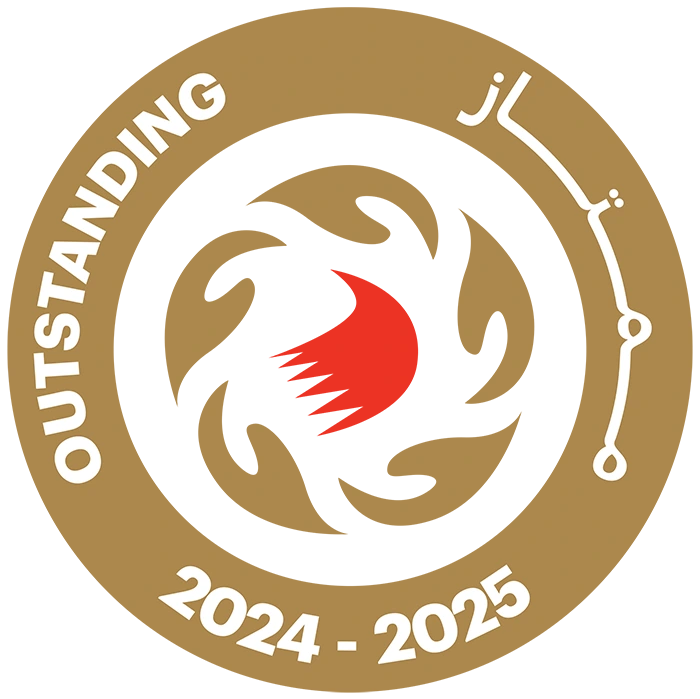COURSE OBJECTIVES
- Have a managerial understanding of the industry, the dangers of working in the industry and their roles and responsibilities for performing rigging and fleeting loads tasks
- Have an underpinning knowledge of the manufacturers handbooks or guidelines for the equipment to be used and have an understanding of P.U.W.E.R, L.O.L.E.R, Working at Height, Manual Handling, Risk Assessments with a good awareness of British and International standards
- Be able to calculate weights and measures ensuring that the load weight is accurate and all CoG’s, angles, tensions are within the manufacturers guidelines for the safe rigging and fleeting of loads
- Prepare risk assessments for rigging and fleeting loads that covers basic, intermediate and complex categories
- Be able to correctly check the certification for lifting equipment appliances and accessories and understand the commonly used tools, access egress items and PPE only used definitions of the industry
- Correctly determine lifting equipment for the lift plan, rigging and material lists, including specific hand tools. Prepare a step-by-step method statement detailing a safe systematic approach including the pickup point, route to be travelled, and laydown area
- Allocate team roles and responsibilities for riggers, supervisors and fixed appliance operators that can be utilised for scenarios covering basic, intermediate and complex categories
- Prepare a sketch, scaled drawing or have the understandingof how to add pictures to lift plans ensuring the lift team understands the location and system of the operation in addition to text information
- Oversee tasks for complex rigging and fleeting operations, ensuring the team safely follow the step by step method statement in the lift plan pack
- Liaise with the management, supervisors and workforce levels of lifting operations by attending meetings, TBT’s, PTW meetings, site visits in a responsible competent manner
- Participation in debrief meeting with lift team and discuss lessons learned during specific task
Training Methodology
Assessment
Certification
Entry Requirements
WHO SHOULD ATTEND?
This Rigging and Fleeting Loads – Lift Planner course is designed for Plant Operators who require practical and theory training and / or assessment on a Rigging and Fleeting Loads – Lift Planner
COURSE OUTLINE
• Rigging principles and terminology • Relevant legislation and ACOPs • Safe systems of work • Risk assessment, planning and control of lifting operations • Ensure the area is suitable for lifting activities • Lifting equipment pre and post use inspection, including certification • Safe and correct use of different types of lifting equipment • Selection of the appropriate lifting accessories for different types of loads • Lifting accessories and their applications • Sling various loads including balanced, unbalance and loose • Equipment identification and selection • Weight identification, different ways to calculate the loads weight • Carry out lifts to given instructions • Placement of and setting down loads • Disconnection of lifting accessories from the load • Use of recommended hand signals and radios • Keep within safe working parameters • Awareness of crane operating principles • Awareness of conflicting activities • Environmental factors that could influence lifting operations • Correct procedure for the storage of lifting equipment • Awareness of manual handling • Appreciation of dynamic factors • Typing knots, bends and hitches – their uses and applications
